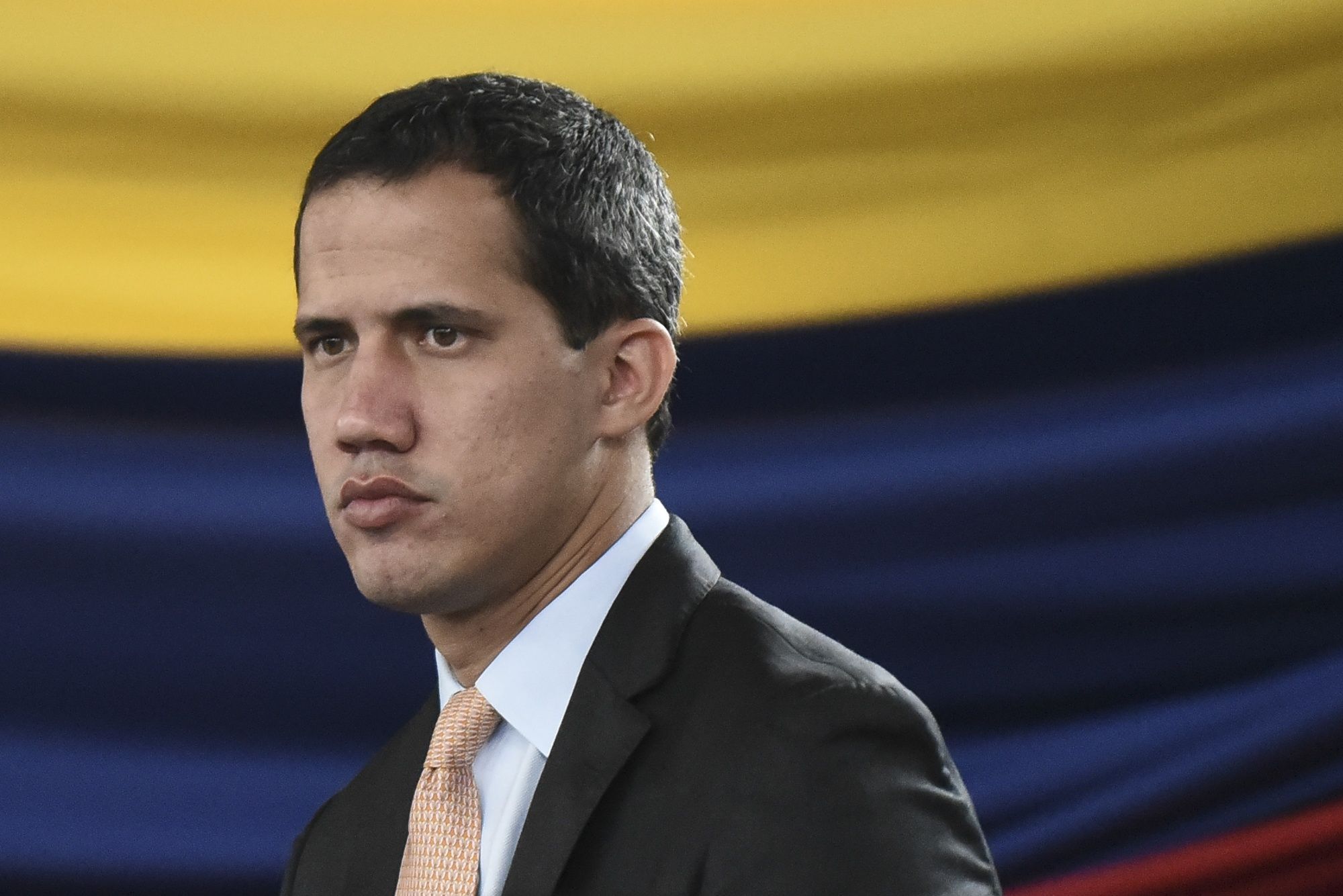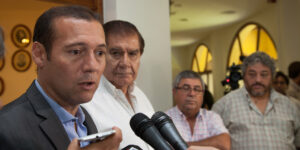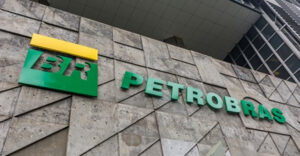
(Argus, 10.Mar.2020) — Venezuela’s US-backed opposition is scrambling to stay relevant at home and abroad as the US and other foreign patrons turn inward to focus on slowing the spread of coronavirus and mitigating the economic fallout of an oil price collapse.
In a bid to reinvigorate his movement, Juan Guaido, the head of the opposition-controlled National Assembly and Western-recognized interim president, was summoning street demonstrations today. His recent efforts to revive a popular groundswell that greeted his January 2019 declaration of an interim presidency have drawn a sparse turnout, a sign that many Venezuelans have lost confidence in the all-or-nothing opposition strategy to unseat President Nicolas Maduro.
The US-sanctioned Maduro government warned that the armed forces are on alert ahead of the opposition marches, suggesting another crackdown. Many opposition figures are already behind bars or have been forced into exile.
Despite high-profile setbacks in 2019, the Guaido-led opposition is pinning its hopes on the re-election campaign of US president Donald Trump, who bills himself as a bulwark against socialism embodied by Maduro and one of the chief rivals for the White House, Democrat Bernie Sanders. But the Vermont senator has lost ground to his more moderate rival, former vice-president Joe Biden, eroding Trump’s anti-socialism platform that aligns with the Venezuelan cause.
The Venezuelan push to topple Maduro remains popular among Florida voters of Venezuelan and Cuban descent. And some opposition figures are even clinging to hope for US military action, despite contrary sentiment from the Pentagon.
A senior administration official predicted yesterday that the “maximum pressure” strategy against Maduro would intensify this month.
The official highlighted US coordination with Colombia and Brazil, whose conservative leaders have been hosted by Trump in recent weeks and days. But Bogota and Brasilia are only the remnants of what had been a robust regional coalition that endorsed Guaido in 2019. Other Latin American allies such as Chile have pivoted to domestic priorities or, like Argentina, cooled on Guaido altogether.
Regional support for the Venezuelan cause will be tested on 20 March when one of Guaido’s most strident advocates, Washington-based Organization of American States secretary general Luis Almagro, faces re-election.
In the EU, which adopted a more dovish approach toward Venezuela last year, politicians are quietly pushing for a negotiated outcome to the protracted conflict, resisting US and Venezuelan opposition lobbying to step up sanctions against Caracas and sever Venezuelan oil and gas business by European oil companies, including Repsol, Eni and Shell.
For now, the opposition can still count on US sanctions, which the White House recently escalated by targeting Russian state-controlled Rosneft’s trading arm. The sanctions have partially thwarted Venezuelan crude production and exports by state-owned PdV as the Maduro government implements a [selective purge] of corruption and disloyalty inside the company.
The US plans to issue a new advisory soon expanding the scope of penalties against any participants in maritime trade that deal with oil tankers used to transport crude from destinations under US sanctions, deputy assistant secretary of state David Peyman said yesterday.
In a possible next step, the US administration could force Chevron and four oil services companies to withdraw from Venezuela when their latest sanctions waiver lapses on 22 April. The oil price rout this week would mute the market impact of such a move. Yet Guaido’s key oil advisers are loath to see the departure of Chevron, which they consider a key partner for future reconstruction.
Viral priority
The coronavirus, not Venezuela, is now top of mind in the White House. The US administration is increasingly preoccupied with trying to control the outbreak and messaging at home, rather than regime change in a country that many US voters outside of Florida cannot find on a map.
Inside Venezuela, there are no declared cases, assuming the broken healthcare system could confirm them. For the moment, all eyes remain fixed on politics.
National Assembly elections are scheduled to take place by December, challenging Guaido to relinquish his electoral boycott strategy. His hawkish associates insist that Maduro must first be removed to guarantee a free and fair vote. Alleged arson at the national electoral authority (CNE) in Caracas last weekend put Maduro’s opponents on edge.
Depending on their duration, sharply lower oil prices could further undermine Maduro’s oil revenue and swap deals. But the price collapse also risks undermining ambitious opposition plans to rebuild Venezuela, restructure debt and attract oil investment after Maduro is removed. And in the near term, Maduro and his tight inner circle can rely on black-market gold shipments as an informal hedge against the oil price collapse, as investors resort to the precious metal as a haven from the economic maelstrom.
By Patricia Garip
***

